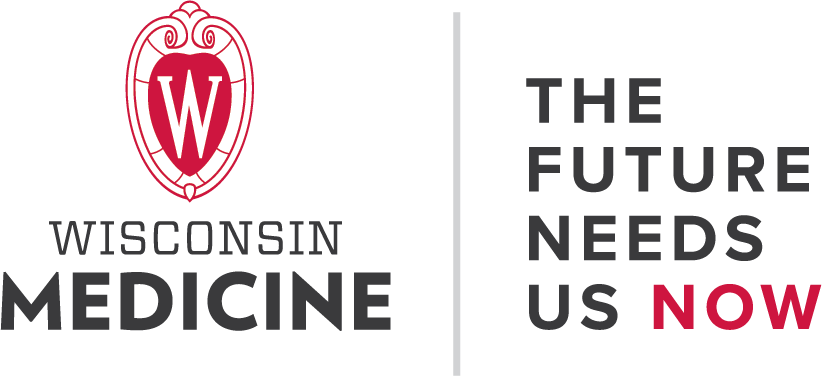A Better Tomorrow for Future Generations
A cure for Alzheimer’s disease — that is the goal driving Jim and Jill ‘81 Kubek’s philanthropy.
Jim and Jill were both raised by parents who instilled in them a personal charge to contribute to the whole of society in whatever ways spoke to them. “We take this responsibility very seriously,” shares Jill. “It is truly fulfilling when we can support measurable progress.”
Rita Kubek, Jim’s mother, was diagnosed with Alzheimer’s disease in 2012. Despite having several cognitive deficits, including short-term memory loss, Rita maintained her joy for life, for her family, and for playing pinochle. With Jim and Jill nearby, Rita lived out her final years at a memory-care facility in Madison and passed away in 2014. Jim enrolled her in the Wisconsin Brain Donor Program. This vital effort completes autopsies within hours of death to aid in confirming an Alzheimer’s disease diagnosis.
Jill provides monetary management services for the elder population, assisting many clients and their families who are trying to navigate the progression of Alzheimer’s disease and other dementias. Jim is a board member for the UW Initiative to End Alzheimer’s and currently involved in longitudinal clinical studies conducted by the Wisconsin Alzheimer’s Disease Research Center. Their experience caring for Rita, coupled with the loss of Jim’s father, Rudy, who died in 2006 after battling dementia, inspired the Kubeks to support the important research taking place right in their own city. Several years ago, they were the highest bidders at a silent auction held at an Alzheimer’s and Dementia Alliance of Wisconsin event. They won a tour of the Waisman Center brain imaging lab. It was on that tour, seeing the revolutionary research that has led to the detection of Alzheimer’s disease in a living patient, that they witnessed what was possible with enhanced care for future generations.
More than six million Americans are living with Alzheimer’s disease. Seeing the devastating consequences up close, the Kubeks are keenly aware of the emotional and economic tolls these conditions take. While a cure may not be on the immediate horizon, they are hopeful for cost-effective early detection and therapies to help slow the disease’s progression.
“We are determined to advance research for a cure to avoid the shattering economic impact on health care systems worldwide,” says Jim. “We have witnessed great strides, moving new tools to the clinical level. It’s exciting to see this kind of progress in our lifetime!”
Share Your Story
Did UW Health or the UW School of Medicine and Public Health have a life-changing impact on you or someone you love? Be part of the Wisconsin Medicine story by inspiring others with your story. Share it now.

